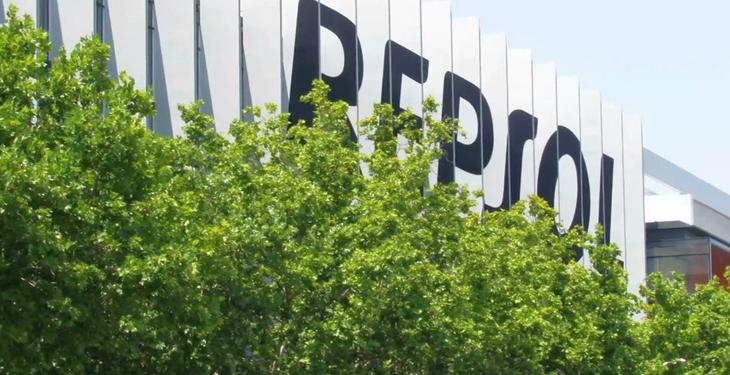Repsol SA will no longer seek growth for its oil and gas business in preparation for the global transition to cleaner energy, according to a person familiar with the matter.
The Spanish energy company is the first of its peers to make such a move. It illustrates how the industry’s strategic decisions are starting to be influenced by emissions curbs, electric cars and renewable energy, which have stoked questions about the strength of long-term demand, according to Bloomberg.
Repsol will unveil an updated business plan next month that limits oil and gas output to current levels and ensures it keeps no more than about eight years of reserves on its books, the person said, asking not to be identified because the information isn’t public. That would be a shorter reserve life than most of its peers, according to data compiled by Bloomberg.
“The objective in our current business plan is to maintain production stable” at around 700,000 to 750,000 barrels of oil equivalent a day, Kristian Rix, a spokesman for Repsol, said by phone.
Repsol has already said it wants to become known as an energy company, rather than an oil producer. At the annual shareholders meeting, Chairman Antonio Brufau devoted a significant chunk of his speech at the event to talk about climate change.
“Don’t have any doubt that we are fully committed to the fight against climate change,” Brufau told shareholders at the May 11 meeting in Madrid. “Wind and solar are already very competitive energy” and in the future electric cars will also become a part of Repsol’s business, he said.
Repsol shares were little changed at 16.77 euros at 10:26 a.m. in Madrid. They are up 14 percent this year, compared to a 13 percent increase for the Stoxx Europe 600 Oil & Gas index.
Even if the company forswears growth in its hydrocarbon business, Repsol would remain a major producer of oil and gas. It pumped an average of 727,000 barrels of oil equivalent a day in the first quarter, the most since 2012, with gas accounting for 63 percent of the total. It continues to explore for new fields in order to replenish reserves, replacing 93 percent of what was produced in 2017 and 124 percent the previous year.
